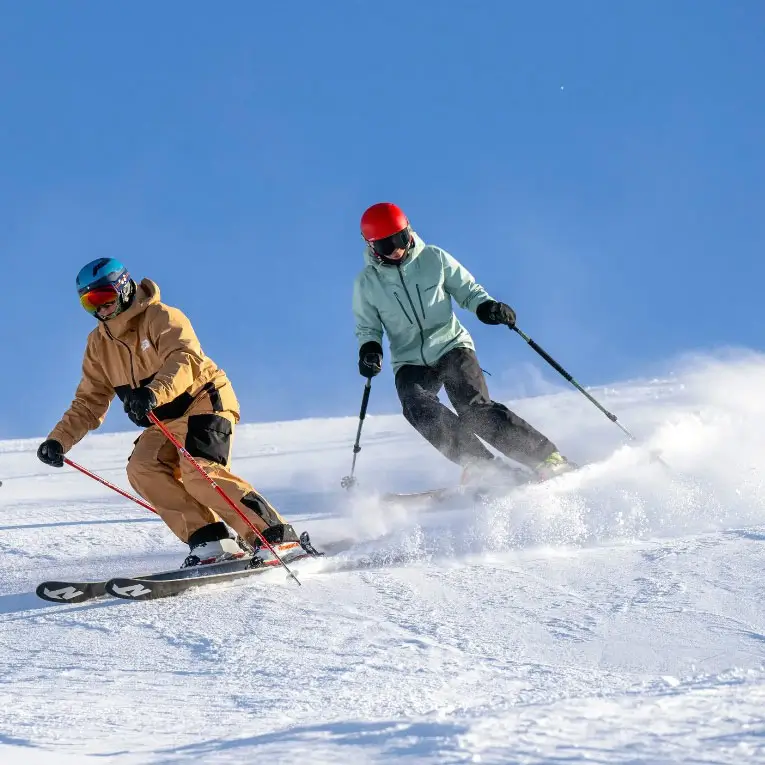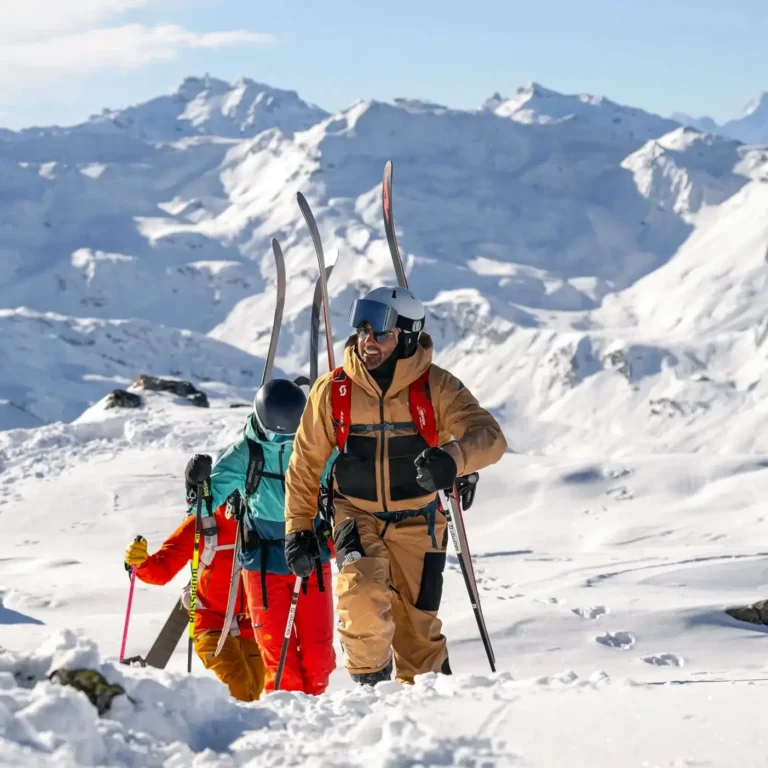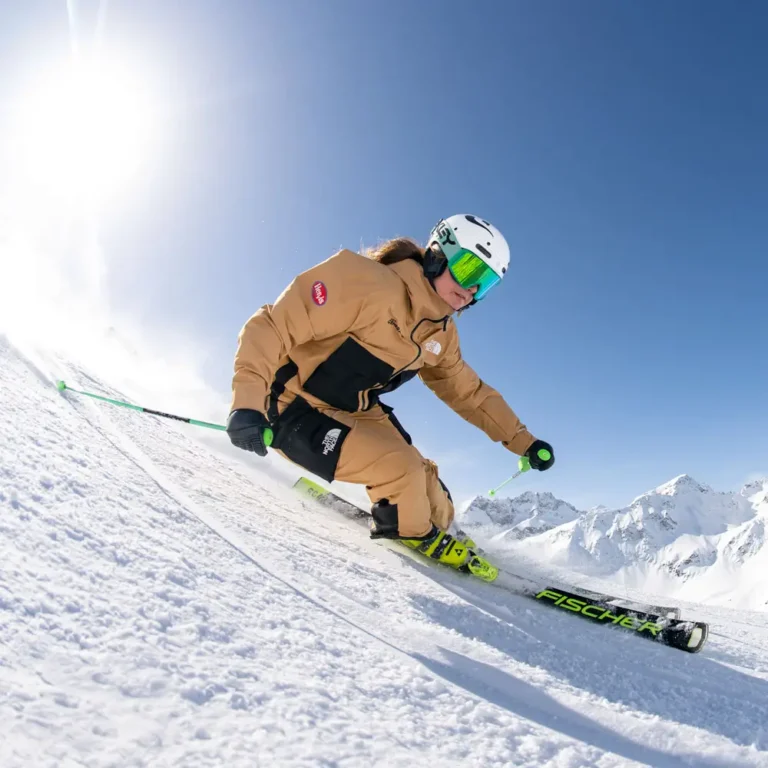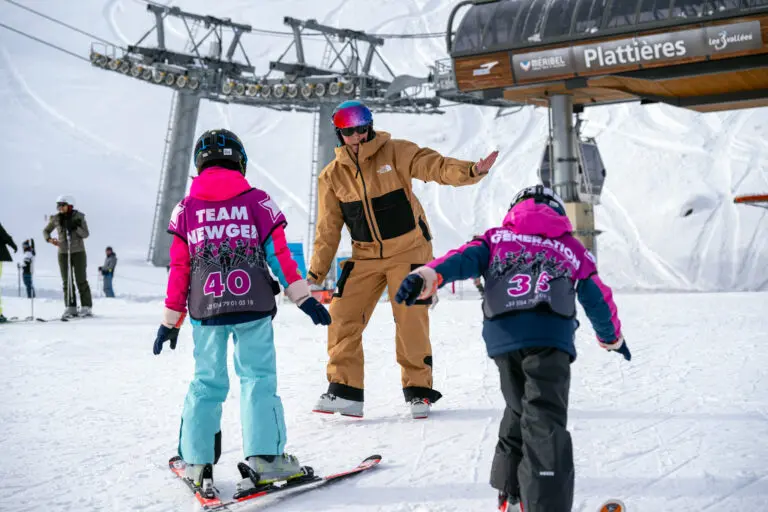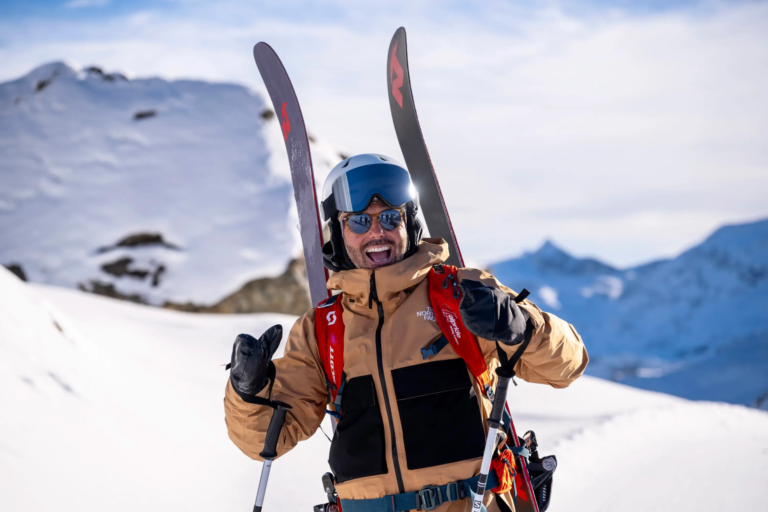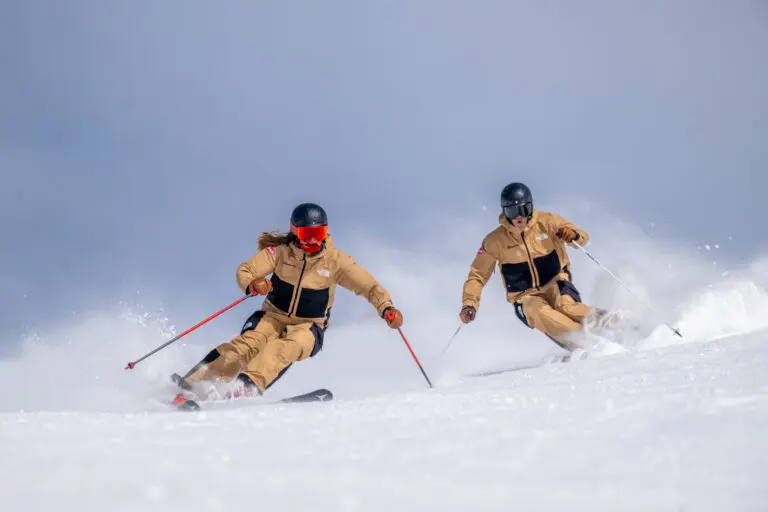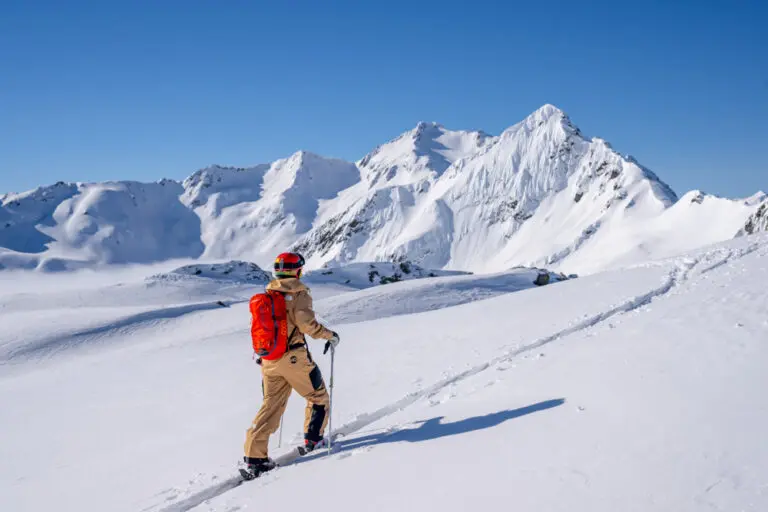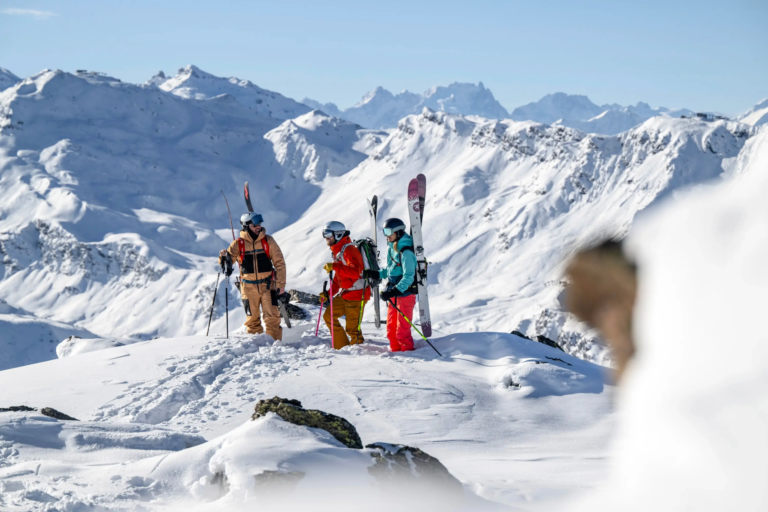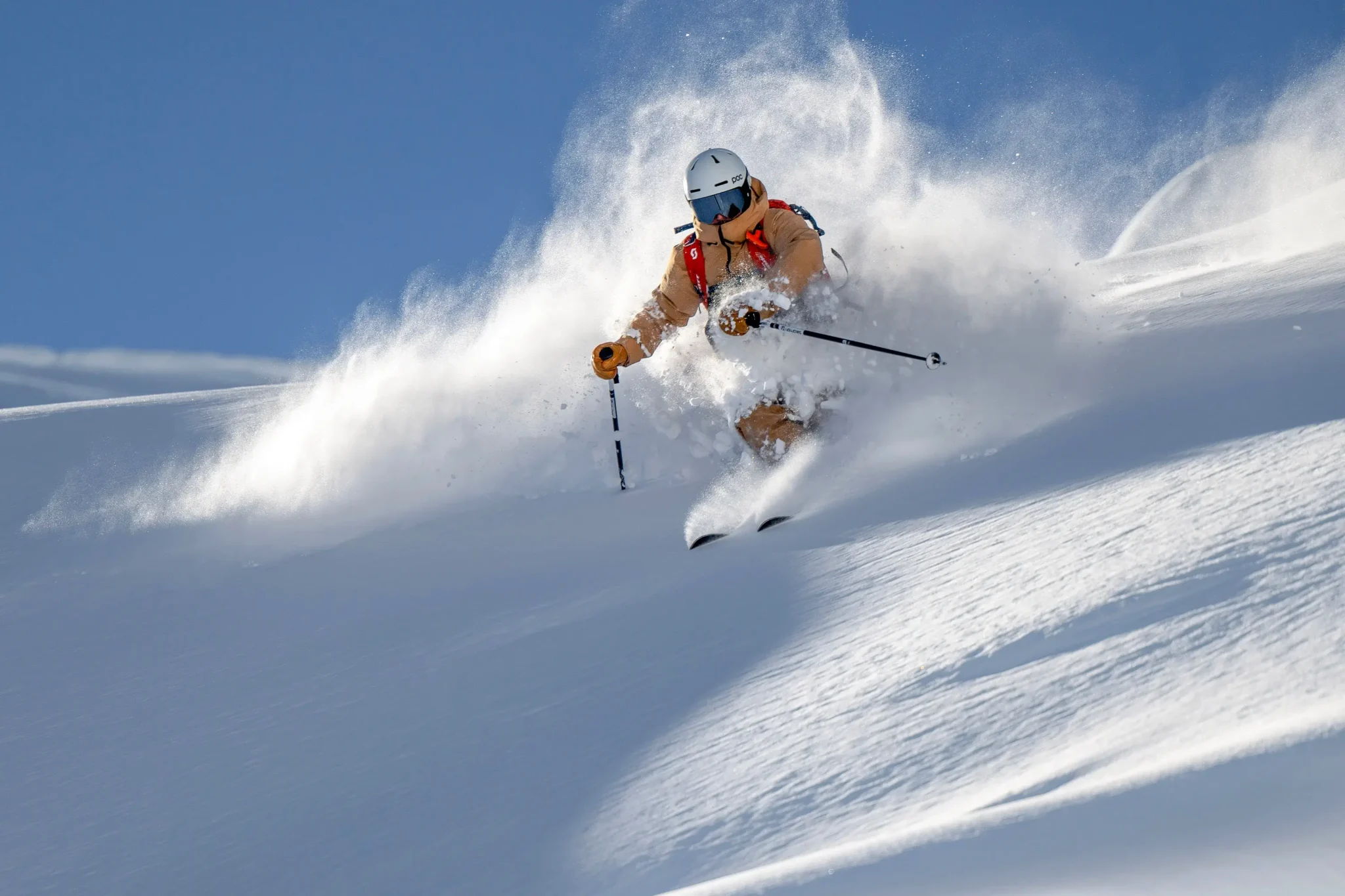Have you ever thought about turning your love for skiing into a career? Whether you dream of spending your winters on the slopes or teaching others to share your passion, becoming a ski instructor can be an incredibly rewarding path. With so many qualifications to choose from, though, it can be challenging to know where to start.
This guide provides a comprehensive overview of the various ski instructor courses available, detailing their benefits and offering guidance on how to choose the right one for your needs. Whether you’re a beginner or an experienced ski instructor aiming to teach around the world and seeking the best ski instructor qualification, there is a course that aligns perfectly with your goals.
Which Ski Instructor Qualifications Are Available?
Ski instructor certifications vary by country and certifying body, but several programs are internationally recognised for their quality and credibility. Here are the most esteemed options to consider:
- BASI (British Association of Snowsport Instructors): Based in the UK, BASI qualifications are highly respected, particularly in European ski resorts. BASI offers a structured pathway, progressing from Level 1 to Level 4—the highest certification standard. BASI qualifications are also aligned with the SQF, allowing you to use your instructor qualifications when applying for higher education. You can read our page on BASI Level 1 Frequently Asked Questions to find out more information about the course.
- CSIA (Canadian Ski Instructors’ Alliance): CSIA certifications are ideal for those aiming to teach in North America. Their global recognition makes them a versatile choice, although some European countries won’t recognise them. The CSIA program includes four levels, providing a clear progression.
- PSIA (Professional Ski Instructors of America): Tailored for those who plan to teach in the United States, PSIA certifications are similar to CSIA’s and also feature four levels of qualification, culminating in the advanced Level 4.
- NZSIA (New Zealand Ski Instructors Alliance): NZSIA qualifications are widely recognised across New Zealand, Australia, and Japan, making them a great option for international instructors based in Asia or Australasia.
- French Diplôme (Carte Pro): France operates under a strict system requiring ski instructors to hold a French qualification—or proof of equivalence—to teach legally.
- Italian Maestro de Sci: Similar to the French Diplôme, Italy requires ski instructors to hold their national certification or proof of equivalence. The Italian Maestro de Sci qualification is highly regarded and recognised worldwide.
- Snowsports Austria: The Austrian qualification system is very well respected and, like the BASI system, allows you to progress through 4 levels over time as your skills improve.
Read more: BASI level 3 and ISIA Training Programmes
Benefits of Ski Instructor Qualifications
Earning a ski instructor qualification can offer a wide range of benefits, both personal and professional. Each of these pathways equips you with the skills and knowledge to become a confident, professional ski instructor. Your choice will depend on where you intend to work and the specific requirements of that region.
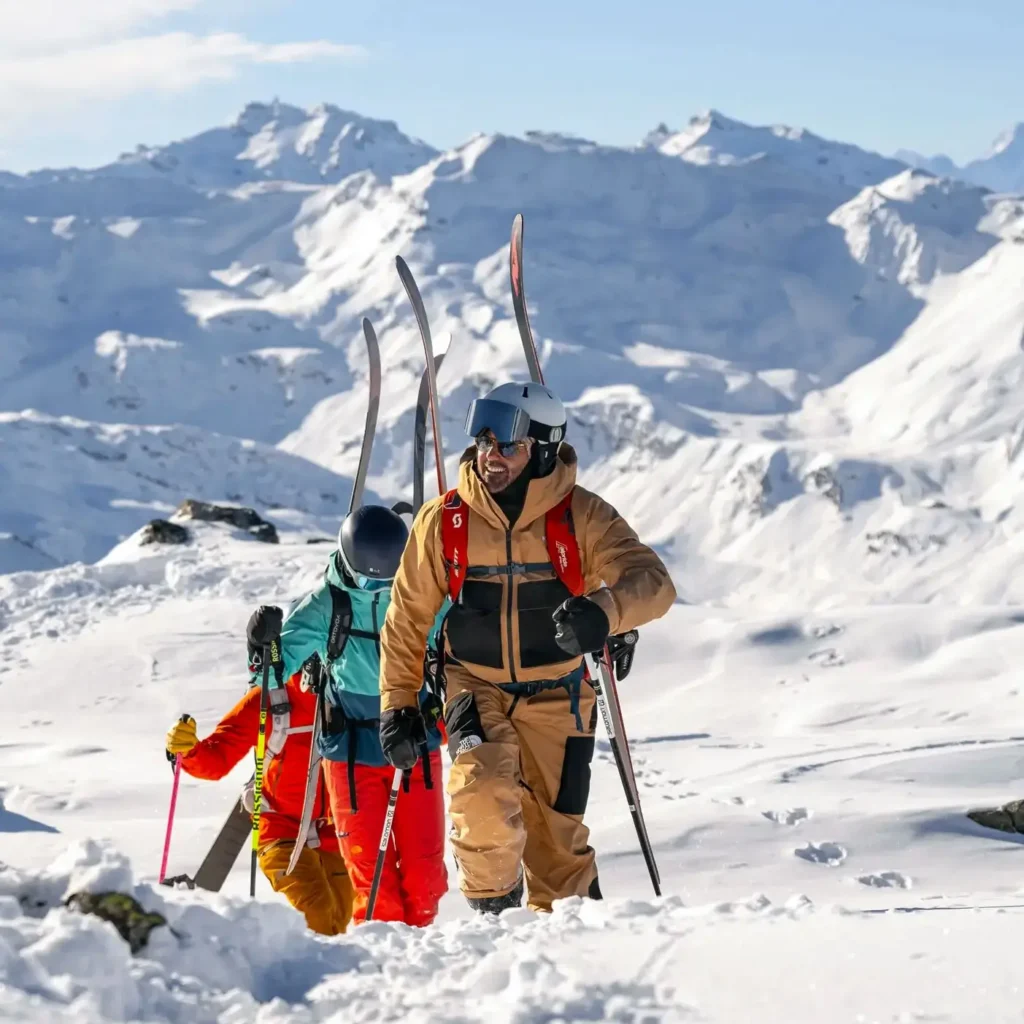
Read more: What qualifications do I need to be a ski instructor?
What Ski Instructor Course Level Do You Need to Teach Worldwide?
The level of qualification you need to teach skiing varies depending on the country and resort, but here’s a general guide to what’s required:
- Level 1: This entry-level qualification allows you to teach beginners and children in controlled environments, such as indoor ski centres or beginner zones.
- Level 2: A Level 2 qualification enables you to teach on real mountain terrain, making it possible to work in ski resorts around the world.
- Level 3 (ISIA): This advanced qualification allows you to teach across more challenging terrains and even run advanced lessons.
- Level 4: The highest qualification, Level 4, lets you instruct in any resort worldwide, helps you achieve international recognition, and is often required for teaching in premier resorts like those in France.
Ensuring your qualification aligns with the region where you plan to work is critical.
I Want to Work in France – Which Is the Best Ski Instructor Qualification?
France is one of the most popular destinations for aspiring ski instructors, but it also has the strictest regulations. If your dream is to teach in French ski resorts, here’s what you need to know:
- To work legally in France, you’ll need to hold the BASI Level 4 ISTD qualification plus 3 modules from the French system. Achieve the national French ski instructor certification known as Diplôme National de Moniteur de Ski Alpin. Or hold the Austrian Stattliche, Italian Maestro de Sci or one of the other eurozone fully certified statuses. Only these qualifications allow you to receive the “Carte Pro,” the professional card required to teach in France.
- The Eurotest (a timed giant slalom race) and the Eurosecurity assessments are mandatory components to gain the French qualification. These rigorous criteria ensure instructors in France are of the highest calibre.
While challenging, working in France is achievable with commitment and excellent training. Many aspiring instructors choose BASI courses to gain the foundation needed for eventual qualification in France.
Right to work vs qualification recognition
While qualifications are essential for working as a ski instructor, it’s important to note the difference between having the right to work and having your qualification recognised. In some cases, you may have the necessary certification but still need to obtain a work permit or visa in order to legally teach in a specific country.
It’s crucial to research the requirements for both qualification and work permits before choosing a ski instructor course. Some programs may offer assistance with obtaining work permits or provide guidance on the process, while others may not.
Additionally, even if your qualification is internationally recognised, certain countries or resorts may have their own specific requirements or preferences. It’s always best to do thorough research and understand the regulations of your desired.
Final Thoughts
Choosing the right ski instructor qualification is critical to launching your career. Consider where you want to work, your current skill level, and how much time you’re willing to invest in training. Begin your path with Level 1 and Level 2 courses, and progress further based on your ambition and goals.
If you need guidance, we’re here to help. Our team at New Generation has over two decades of experience training aspiring ski instructors. We’d love to chat about your goals and how we can help you achieve them.
Get in touch with us here to take your first step towards an unforgettable career on the slopes.
